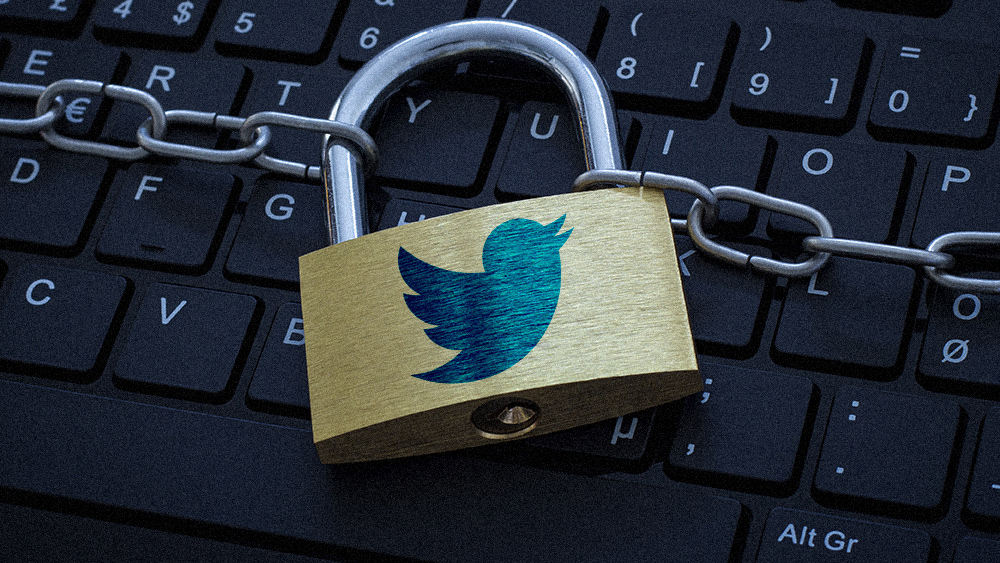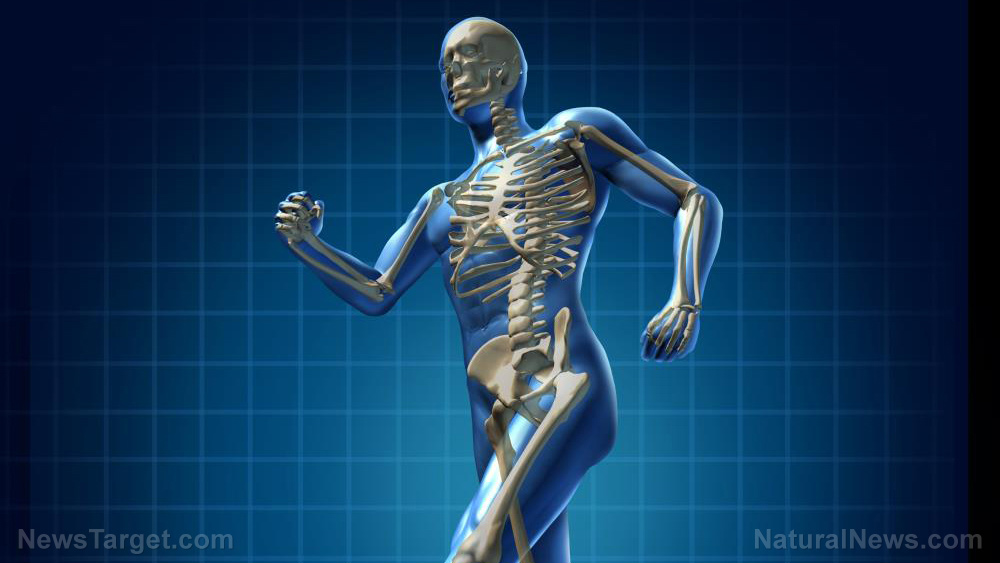Coronavirus found to have the ability to infect brain cells, says research
07/27/2020 / By Ralph Flores

SARS-CoV-2, the virus responsible for COVID-19, continues to baffle even the most knowledgeable infectious disease experts. To add to the confusion, researchers from Johns Hopkins School of Medicine now suggest that the virus can potentially be neurotrophic.
In their recent report, which was published in the journal Altex, the team detailed how the Wuhan coronavirus can infect the human brain and even replicate inside its cells. These details are concerning for experts, as the neurological impact of COVID-19 is still poorly understood.
Additionally, unconfirmed reports have emerged recently suggesting the possibility of the coronavirus infecting the central nervous system. A study published in The Laryngoscope early this month reported that loss of smell and loss of taste, two symptoms of COVID-19, are closely linked to anxiety and depression.
To determine the infectability of brain cells, the Johns Hopkins team infected neuronal balls – or mini-brains grown from stem cells – with low levels of SARS-CoV-2. They found that the virus was able to infect neurons in the mini-brains through the ACE2 receptor. This receptor is a known entry point for the virus.
The researchers also observed that SARS-CoV-2 rapidly multiplied within the neurons. In the span of three days, they noted a tenfold increase in the number of viral copies in the neurons.
“It is really critical to know that our most precious organ can be directly affected by the virus,” said Thomas Hartung, a toxicology expert at Johns Hopkins and a co-author of the study.
However, Hartung noted that the frequency with which this latest discovery occurred in COVID-19 patients is still unclear. This adds to the long list of things experts are still trying to understand about the disease, which has now infected more than 15 million people worldwide and caused over 618,000 deaths.
The implications of COVID-19 being neurotrophic
There have been unconfirmed reports of COVID-19 patients experiencing neurological symptoms. A study conducted in Wuhan – the Chinese city where the coronavirus was first identified – reported that the coronavirus impairs neurological function in patients with severe symptoms.
In the study, the researchers found that a third of COVID-19 patients and half of the severe cases exhibited symptoms of brain and nerve problems, which included headaches, dizziness and seizures. (Related: Coronavirus harms the brain and nervous system of one in three patients.)
Prior to the study, experts were unsure of how the virus affects the brain and nerve cells. For some, the neurological symptoms shown by COVID-19 patients seemed to be linked to damage in their immune and cardiovascular systems.
While this new study suggests that SARS-CoV-2 also infects the brain, the researchers noted that this may not be the case in vivo. For one, the virus has to get past the blood-brain barrier, which prevents harmful substances – including viruses – from entering the brain. This protective feature is something that the mini-brains they used in their experiments did not have.
“Whether or not the [SARS-CoV-2] virus passes this barrier has yet to be shown, but it is known that severe [inflammation], such as observed in [COVID-19] patients, [makes] the barrier disintegrate,” Hartung explained.
Aside from the virus’s impact on the central nervous system, Hartung also expressed concern about the virus’s possible effects on brain development during pregnancy. To note, studies have shown that other viruses can cross the placenta and infect the developing fetus’s brain. The brain, at this point, has not yet developed a blood-brain barrier.
Hartung points out that while no evidence exists that COVID-19 can cause developmental disorders, clinicians should still look into this aspect, given its potential consequences.
Learn more about the ongoing Wuhan coronavirus outbreak at Pandemic.news.
Sources include:
Tagged Under: brain function, brain health, coronavirus, covid-19, discoveries, infections, infectious disease, nervous system, neurological symptoms, neurology, neurotrophic, outbreak, pandemic, research, superbugs, virus





















